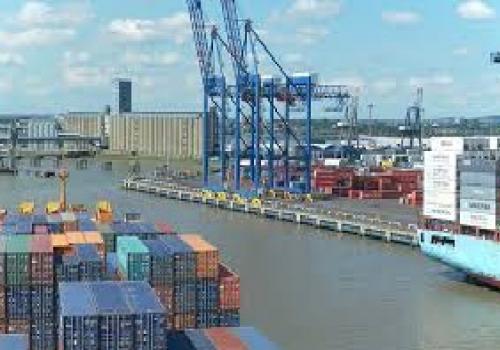Britain and Vietnam on Friday finalised a free trade agreement, the second deal London has reached in Southeast Asia in as many days while deadlock continues over post-Brexit European Union arrangements. The deal with Vietnam comes into force January 1, 2021 and will be Britain’s third, following Thursday’s pact with Singapore and October’s first post-Brexit trade deal with Japan. Vietnam stands to benefit from tariff savings of £114 million ($150.6 million) on its exports while British exports will be £36 million better off, with 99 percent of tariffs eliminated once the agreement is fully implemented. British International Trade Secretary Liz Truss and Vietnam’s Trade Minister Tran Tuan Anh on Friday finalised the deal which basically locks in the benefits of London’s existing trading relationship with Vietnam under an EU deal. “For sure this will be momentum for reform activities of Vietnam,” Anh told reporters. “Investors and businesses from the UK as well as partners in Vietnam will have big opportunities to take part in the process of restructuring and an investment wave to Vietnam to form new supply chains.”
The ministers expect the deal will further boost bilateral trade, which tripled between 2010 and 2019 to $7.5 billion. Truss said the agreement would take Britain a step closer to joining a massive free-trade zone, the Comprehensive and Progressive Agreement for Trans-Pacific Partnership. “The CPTPP is important to the UK first of all because it will give us... deep access to a nine trillion pounds market but also because it helps the UK diversify its supply chains more broadly and makes us more resilient,” she said. The pact groups 11 Pacific Rim nations, among them Australia, Canada, Chile, Japan, Mexico and Vietnam. A previous version of the deal was once championed by the US, but President Donald Trump abandoned it. The bloc is home to 650 million people and—prior to the pandemic-induced downturn—had enjoyed rapid economic growth in recent years.
